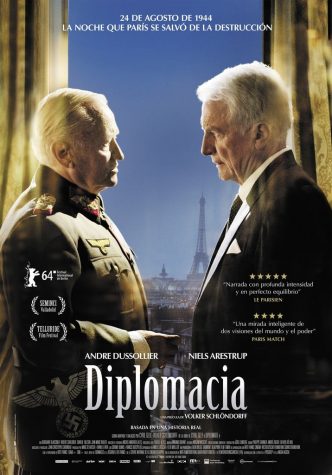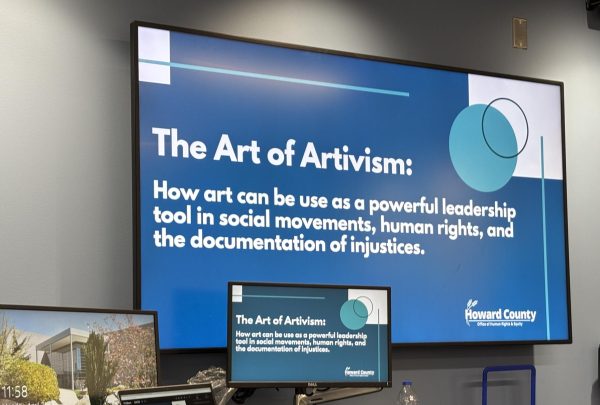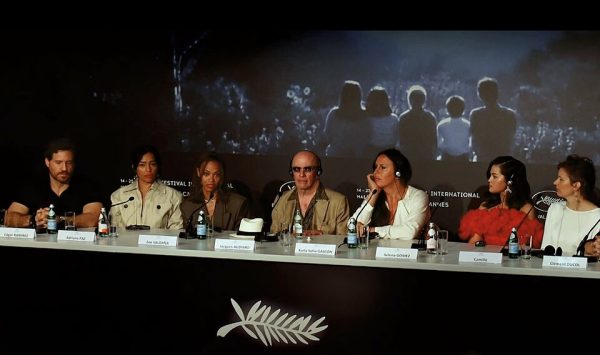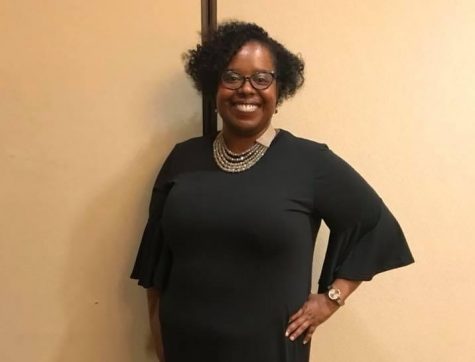Official Secrets: When the Right Thing to Do is Illegal
(Disclaimer: Although my goal in discussing this heavily politically charged film has been to be as objective as possible, I do have my own political thoughts and biases which have undoubtedly spilled into this review in ways I’m not able to recognize. As a result, although this review attempts to be objective, I cannot guarantee by any means that it is so.)
Director Gavin Hood’s (The Storekeeper, Tsotsi, Ender’s Game) newest film has arrived at perhaps the perfect time. The film, which is a true story about a woman revealing top secret information about the UK and US’s attempts to manipulate the UN into voting for the Iraq war, has come while whistleblowers are taking more hold in the public consciousness than usual. Edward Snowden, the former NSA employee who revealed the US Government’s mass surveillance of its own citizens, has recently released a memoir and been giving interviews. Julian Assange, founder of Wikileaks, has been in the media recently for political and legal trouble related to his publication of information allegedly affecting the outcome of the 2016 US election. Chelsea Manning, who leaked many documents to Wikileaks in 2010 and was in prison for several years, has been in the news recently while the current political administration has been trying to decide whether or not to revoke the previous administration’s decision to acquit her. In addition, this film has a political connection. In a year where the current leaders of the US (Donald Trump) and UK (Boris Johnson) are incredibly unpopular and are under legal scrutiny, a film about previous unpopular leaders and the potentially illegal and immoral behaviors they committed is likely to connect with audiences more than it would if everyone was content with our political landscape. Indeed, this film was released at a time when it can resonate with audiences and attempt to reflect on our current world most effectively.
The movie follows Katherine Gun (played very convincingly by Keira Knightley), a British intelligence agent whose job primarily involves listening in on conversations recorded in foreign countries, transcribing them, and giving the information to the British military. At the beginning of the film, she receives an email forwarded from the US National Security Agency asking the British intelligence community to listen in on conversations among members of the United Nations voting council to find material that can be used to blackmail them into voting for the Iraqi war. Gun, knowing that the intelligence communities have not found any evidence that the war should be pursued, and that Prime Minister Tony Blair is basing his decisions for entering the war on false information (and the urgings of U.S. President George W. Bush), is horrified by the email. After some thought, she smuggles a copy of the email out of her office and to an anti-war protestor to give to the press, hoping the information will potentially stop the war from happening after the public realize that the UN is being unethically manipulated. This is not what happens. The release in the press is largely discredited due to a journalist’s spellcheck, and despite the UN voting against declaring war in Iraq, Tony Blair and George W. Bush do so anyways. The rest of the movie follows Katherine, who confesses almost immediately to be the whistleblower, in her attempts to legally defend herself. In addition, she must defend her husband (Ray Panthaki), who is still waiting on his application for asylum to be accepted and is under intense scrutiny from the law due to his Muslim faith.
As can be seen in the summary provided, this film discusses a lot of hot-button political issues beyond whistleblowing. While it is undoubtedly Katherine’s story, the screen-time is very heavily split between her and the fairly large supporting case. The first act of the film splits her with the staff of the paper “The Observer,” the paper that publishes her leak. This section follows journalist Martin Bright (Matt Smith successfully playing against type) and the rest of his news crew in their attempts to verify that the leaked memo is likely to be accurate. The expectation instilled in the viewer in this act is that the paper will face a huge success once the memo is published, although this turns out to not be the case. The second act primarily focuses on Katherine and her husband’s relationship and the legal and political scrutiny Katherine is falling under. Often these intersect, such as in a memorable scene where her husband is almost illegally deported. The final act deals with the legal struggle, as the multiple lawyers introduced in previous acts all must come together to figure out how to defend Katherine even though she has already admitted to leaking information. Each act has its own feel and mode while still being a clear piece of the whole. One complaint that could be made is the pacing, which is slowed down in many of these moments as different characters are introduced, reintroduced, and visited. However, it all comes together in a way that arguably justifies this pace.
The camerawork and editing in this film all do a good job to enhance the mood and tone of each scene while not distracting from the main story focus of said scenes. Each of the sets has its own distinct feel and makes the film have a stronger sense of believability, as well. The score is good, albeit not the most memorable. The directing and acting are the film’s strongest points, which each actor believably selling their roles and characters and becoming a version of them, and the director bringing out the mood and tone of the overall film while still keeping the plot and political implications in strong focus. These political implications riddle the film. As stated earlier, whistleblowers and unpopular leaders are strongly in the spotlight right now. In addition, some of the lines of dialogue, such as one about Tony Blair not being allowed to make up his own facts, brings to mind recent controversies about “alternative facts” in ways that are clearly intentional. With the US potentially on the brink of war in Iran as well, the idea of a leader causing international turmoil to suit their own agenda certainly resonates with critics of the idea.
It feels at times like one of the film’s biggest goals is to show viewers critical of current international affairs that these are not new issues at all. The primary message, however, seems to be one of hope and support for doing the right thing, no matter the political and legal consequences. In a time when human rights appear to be violated daily and many people don’t know if their attempts to help could be successful, this film presents a story of a woman who stood by her morals, and although she ultimately didn’t stop war and did cast her into intense legal problems, she came out triumphant with the knowledge that she had done the right thing. This message of doing the right thing, even in a time when the wrong thing appears to be mandated, applies today but is also a timeless message for all people who don’t know how to stand up to a misbehaving governmental juggernaut. Sometimes, just doing what is good is what matters, regardless of what those in power say. 5/5 stars.

As The HCC Times film editor in 2019-20, Audrey provided new and different perspectives on the movies people saw and loved, analyzing them as a truly visual...











